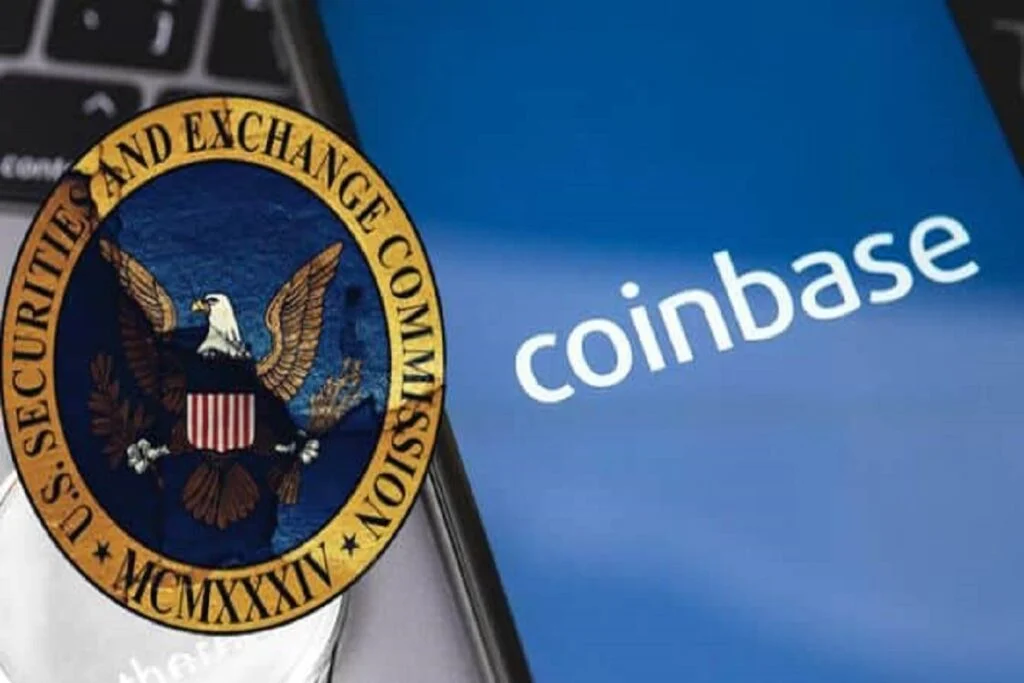A group representing North America’s state securities authorities took aim at Coinbase’s arguments in its defense against the SEC.

An association of North American securities regulators argues that digital assets should not be viewed as “somehow special,” nor should actions against Coinbase be considered “novel or extraordinary.”
In a brief filed on 10 October in the United States District Court for the Southern District of New York supporting the U.S. Securities and Exchange Commission (SEC), the North American Securities Administrators Association (NASAA) argued that digital assets require no special treatment when applying securities laws.
In June, the SEC filed a lawsuit against Coinbase for allegedly violating federal securities laws.
Coinbase responded that its digital assets and services did not constitute as securities and that the SEC was overreaching.
Vincente Martinez, NASAA general counsel, however, argued that the SEC’s position is neither “novel nor extraordinary.”
“The SEC’s theory in this case is consistent with the agency’s longstanding public position […] It is also well within the bounds of established law.”
The agency argued that explicit congressional authorization is irrelevant for the SEC to apply established law to digital assets.
Howey Test Adequate
The judge’s interpretation of the Howey test — which determines what constitutes an investment contract — is anticipated to be a crucial element of the lawsuit. Coinbase has argued that digital assets do not meet all of the criteria.
Martinez argued that the Howey test was intended to be adequately flexible to accommodate all technological advancements in the securities markets, including the sale and trading of securities on blockchains — similar to previous SEC arguments.
“The Court should reject Coinbase’s attempt to narrow and misapply the established legal framework in order to avoid being subject to the same regulatory obligations as all other participants in the Nation’s securities markets,” said Martinez, adding:
“The Court should decline to treat digital assets as somehow special.”
Overestimated Impact of Crypto
Martinez also criticized Coinbase’s invocation of the “major questions doctrine,” which asserts that executive agencies such as the SEC require Congressional approval for matters of significant political or economic significance.
“Coinbase dubiously casts the ‘digital asset industry’ as ‘a significant portion of the American economy,’” said Martinez.
However, Martinez stated that digital assets cannot be deemed a significant component of the American economy because most digital assets have no practical economic use case or widespread adoption outside of speculation.
“With very few exceptions, digital assets are not widely accepted to pay for goods or services, nor can they be used to satisfy obligations to the government such as fees or taxes,” he wrote.
“As a class of assets, digital assets are not economically useful,” he said, adding:
“Coinbase overstates both the size and significance of this ‘industry,’ particularly the portion that securities regulators oversee.”
NASAA joined the SEC in requesting that the judge deny Coinbase’s motion to dismiss the SEC lawsuit.
NASAA comprises 68 members, including securities regulators from all 50 U.S. states, Canada, Mexico, and several U.S. territories.
